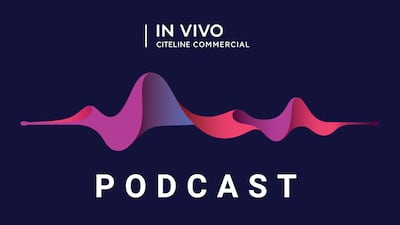Acute stroke represents a virtually unmet clinical need and a tremendous market opportunity. In the US, about 700,000 strokes occur each year, 80% of which are due to occluded vessels (ischemic stroke); the rest are caused by ruptured arteries leading to or within the brain (hemorrhagic stroke). While dozens of start-up companies are staking out claims in the unknown territory of ischemic stroke, Micrus Corp. deliberately sought out technology to treat the cerebral aneurysms and arteriovenous malformations that can cause hemorrhagic stroke. The company hopes to broaden a market created by Target Therapeutics Inc. (now part of Boston Scientific Inc.) with its Guglielmi DetachableCoil, the only FDA approved device for the minimally-invasive treatment of aneurysms. Although it is the only minimally invasive alternative, the GDC is still only used in 5% of patients; the open craniotomy and surgical clipping are still the gold standard for treating cerebral aneurysms. Micrus hopes to break into this existing but underpenetrated market with a new microcoil that has, it claims, performance characteristics that are superior to the GDC.
The goal of these devices is to fill and block an aneurysm, a balloon-like enlargement in a weak vessel wall,...







